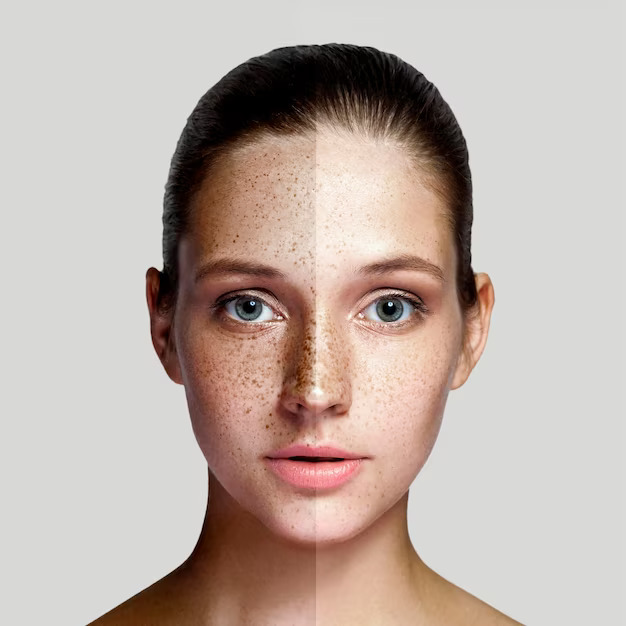The human body stores a lot of vitamin C, a potent antioxidant, in its skin. It lessens hyperpigmentation, wrinkles, redness, and breakouts while protecting the skin from UV rays and stimulating collagen formation. Besides, it’s one among a set of compounds that work together to prevent skin from ageing and damage caused by free radicals. Vitamin C shields the skin from the oxidative stress caused by exposure to UV radiation, pollution, and other environmental aggressors.
Know the Science Behind Vitamin C
Citrus fruits and vegetables like broccoli and bell peppers are great sources of vitamin C. However, studies show that applying vitamin C directly to the skin has much more impact than taking it inside. Vitamin C is a popular ingredient in many skin care products. Skin brightening, dark spot reduction, sun damage prevention, moisture retention, and more are advantages of vitamin C. It is impossible to overestimate the importance of vitamin C in nutrition. It includes antioxidants, which scavenge free radicals and aid in preventing cancer, cardiovascular disease, and arthritis.
Benefits of Vitamin C
Read on to learn the benefits of vitamin C on your skin and how to apply it.
- Antioxidant Properties
When applied topically, vitamin C helps prevent free radical damage to the skin. Pollution, ultraviolet light, and psychological strain may all contribute to producing free radicals, which are molecules prone to undergoing oxidative stress. Hence, Vitamin C’s ability to quench these free radicals contributes to the vitamin’s role in maintaining a young and healthy look.
- Improves Collagen Production
Collagen is a protein responsible for the skin’s firmness, resilience, and flexibility. Collagen is essential for preventing the skin from sagging and softening the look of wrinkles. Therefore, applying vitamin C to the skin stimulates the body to produce more collagen and elastin, two proteins essential to maintaining the skin’s elasticity and firmness.
- Protection from Sun Damage

Sunlight’s ultraviolet rays may wreak havoc on skin cells and trigger collagen degradation when taken with sunscreen. Hence, Vitamin C serum aids in protecting the skin and repairing UV-induced DNA damage.
- Anti-Aging Properties
Environmental causes like pollution and sun exposure and behavioural factors like smoking and stress may cause premature skin ageing. Therefore, Vitamin C serum helps keep fine lines and wrinkles at bay because it increases collagen production, making skin firmer and suppler.
- Moisturise the Skin
Skin becomes dry, flaky, and dried without enough moisture. Hence, with the help of a vitamin C serum, dry skin’s water and moisture balance may be kept. In addition, it helps the skin retain more moisture by improving its barrier function.
- Helps Lessen Skin Pigmentation

Melanin, the pigment that causes hyperpigmentation and dark patches, may be prevented from being produced by vitamin C. Besides, uneven skin tone may result from hyperpigmentation, commonly brought on by too much time in the sun. Vitamin C helps lighten dark spots and provide an overall more even skin tone because it inhibits the development of melanin.
- Reduce Inflammation
Vitamin C’s anti-inflammatory effects aid in regulating the skin’s sebum production and soothing any redness or irritation. It is very effective for sensitive skin disorders, including acne, dermatitis and rosacea. Reduced inflammation and redness from these conditions may lead to a more uniform skin tone.
Conclusion
While vitamin C may be found in many fruits and vegetables, the highest concentrations are in cantaloupe, oranges, broccoli, and Brussels sprouts. Vitamin C is a naturally occurring antioxidant that helps the skin produce collagen. It can potentially prevent sun damage to the skin. Vitamin C helps the body retain water, which is essential for healthy skin and also keeps the skin’s protective barrier in place, which prevents irritants from penetrating the skin.












































